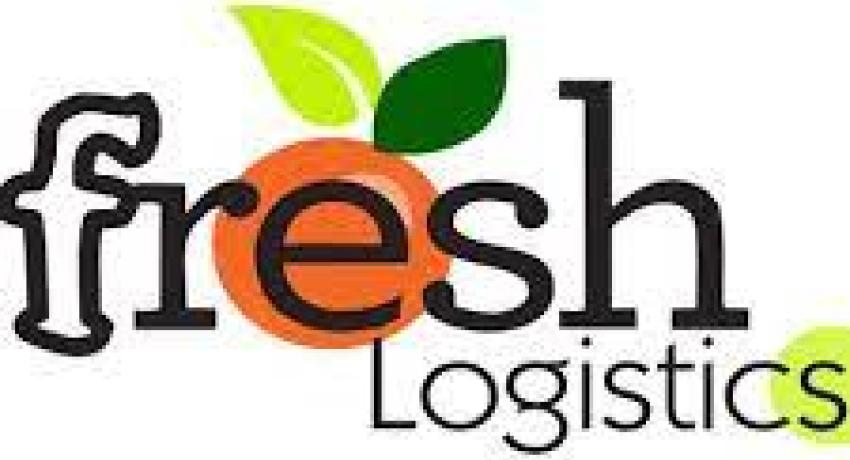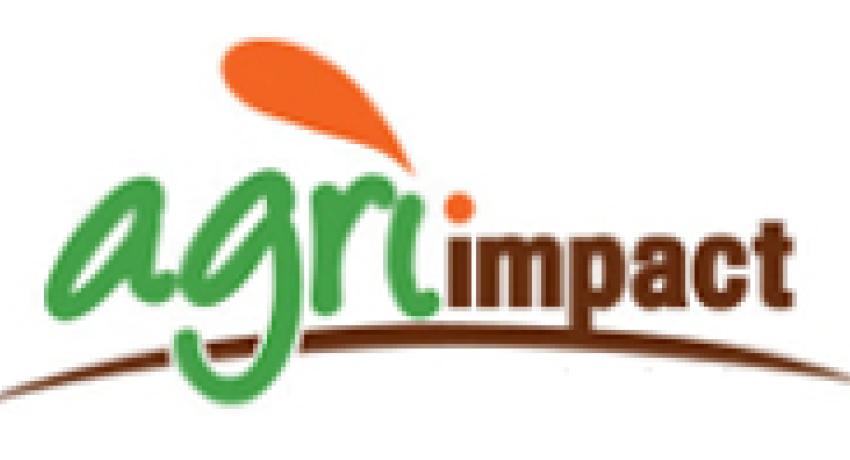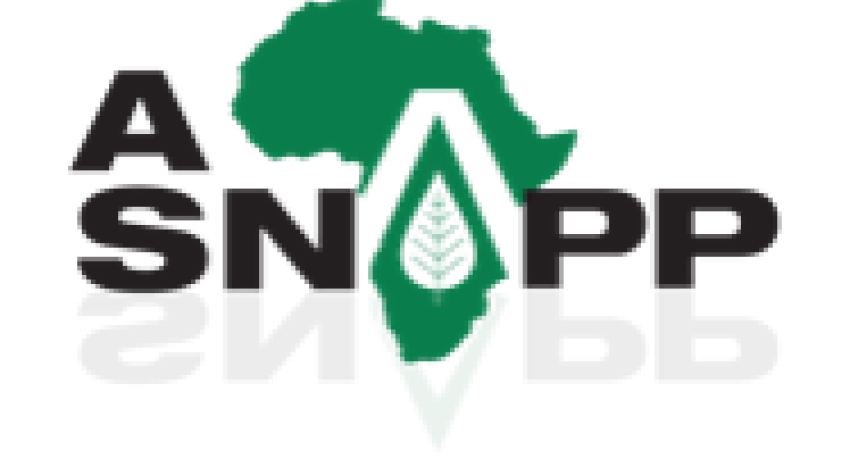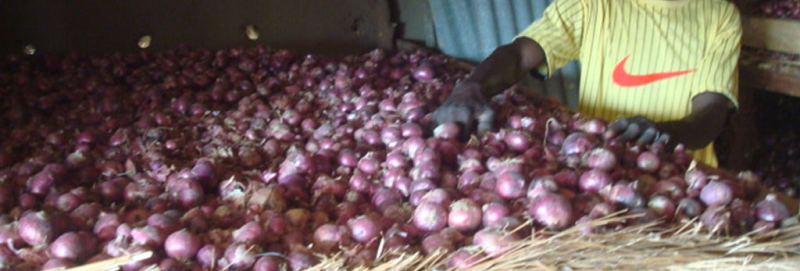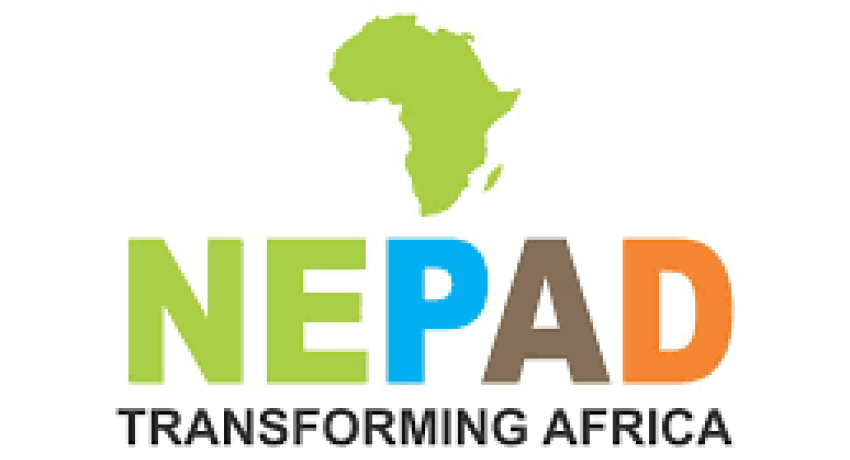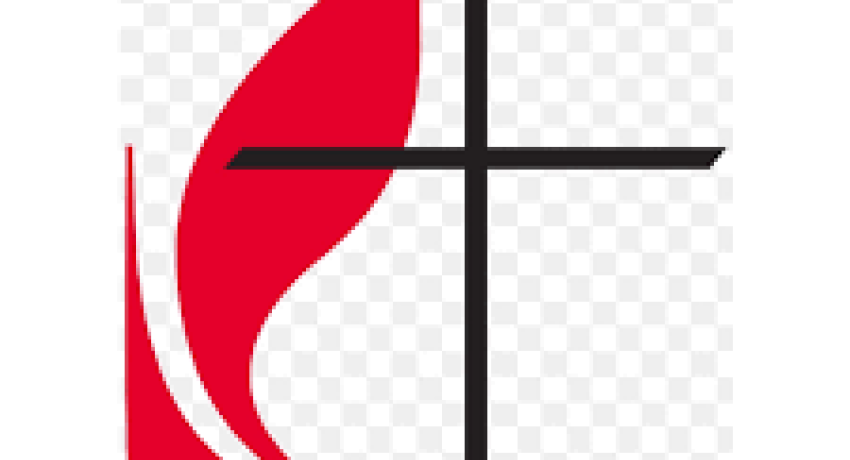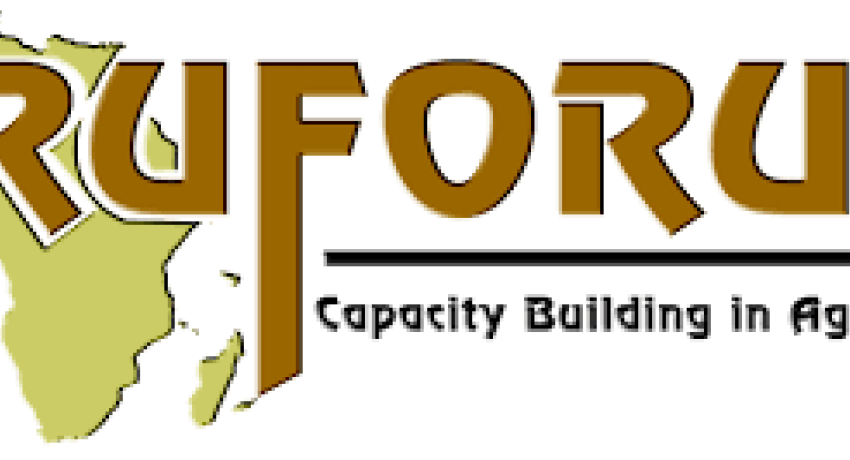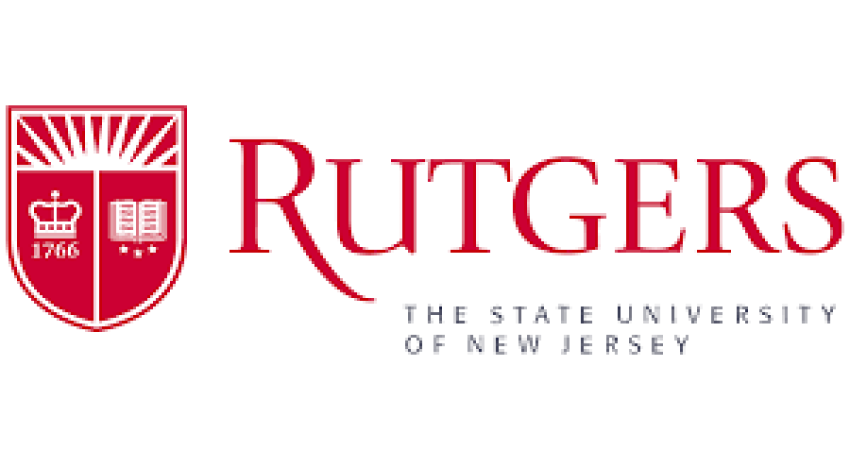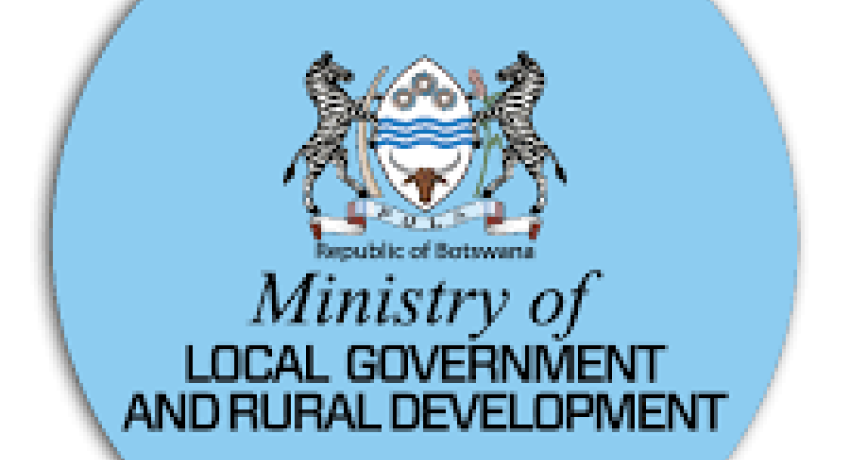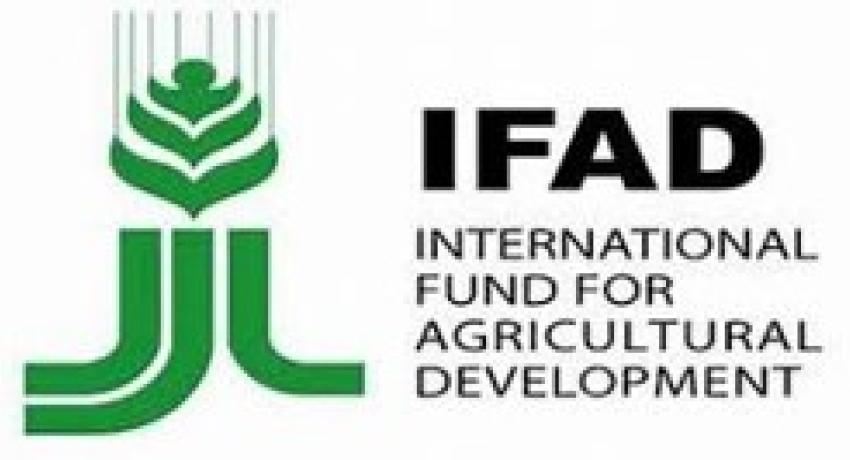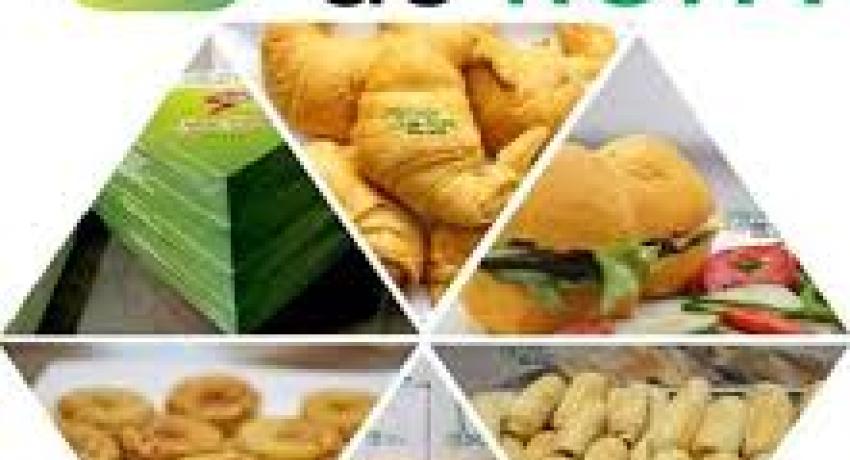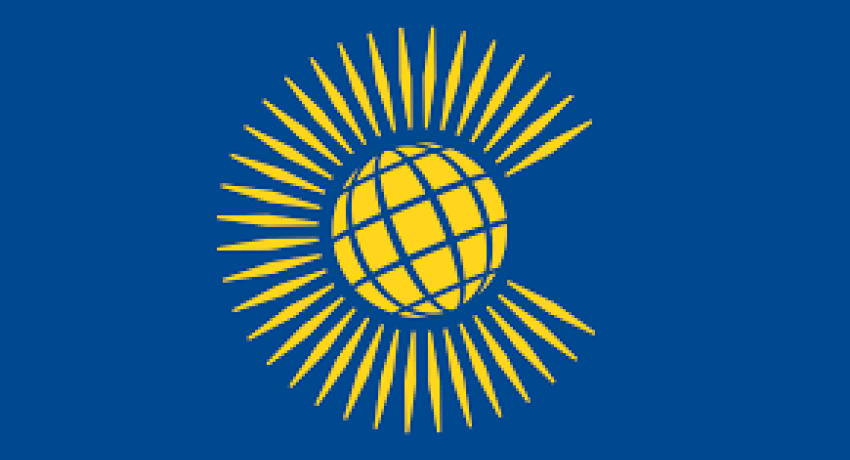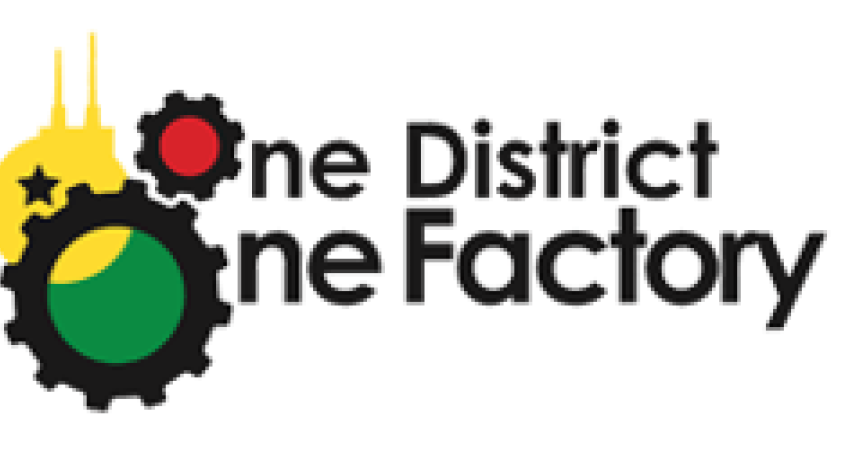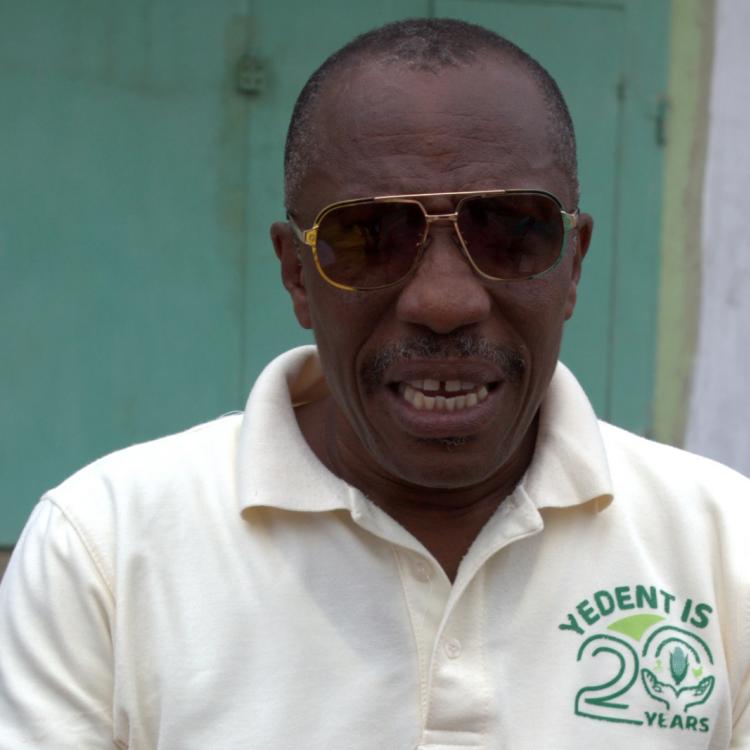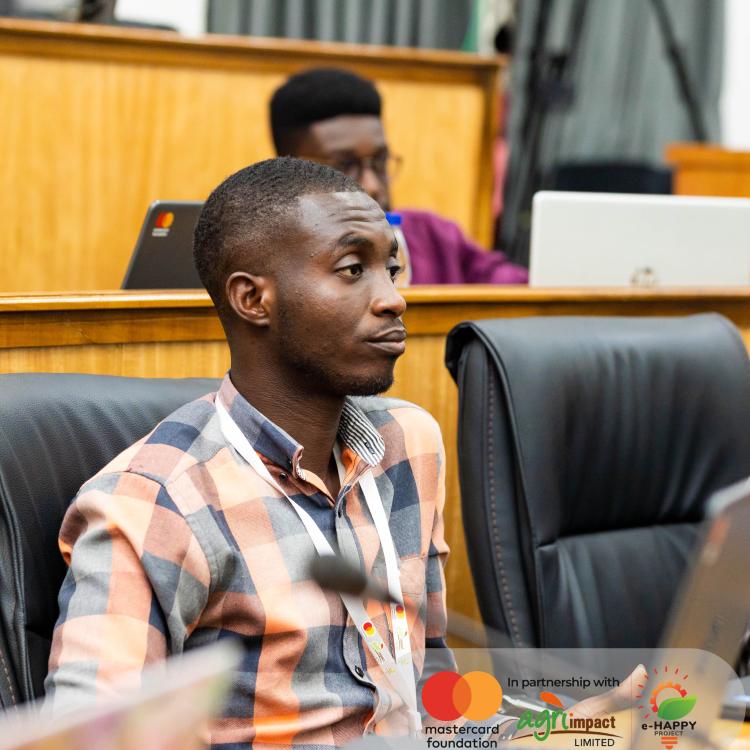SOPMEP was an onion productivity and market expansion programme designed to reduce poverty and improve food security. SOPMEP as a cross border programme focused on Ghana and Burkina Faso in its first year and expanded to Niger, Mali, and Benin subject to the availability of additional funding.
SOPMEP was a UNDP funded cross-border programme implemented in Ghana and Burkina Faso with spillovers in Niger, Mali and Benin. It was an onion productivity and market expansion programme designed to reduce poverty and improve food security in the two countries. The interventions focused on transferring good agronomic practices, improving post-harvest storage and techniques, introducing selling scenarios/schedules, and increasing yields of producers through improved agricultural practices. The programme intensified the role of support service providers along the chain and increased market access whilst developing suitable financial products and finally, trained 2,500 farmers on cost benefit analysis, cash flow management and accessing micro finance.
The specific objectives of the SOMEP project were;
- To reduce postharvest losses, increase market access and incomes of onion value chain actors.
- To increase access to finance by onion producers and other chain actors.
- To strengthen the capacity of producers on good agricultural practices.
- To foster regional collaboration and monitor progress of work
- 34 small family size level storage structures valued at $200 each constructed in Ghana for communities that previously stored only in their rooms
- 46 medium and large family size storage structures (made from local materials; mud and sticks) valued at $140 -$260 constructed. They were cheaper compared to existing Steel Structures costing $1,400
- Selected beneficiaries of the storage structure in Ghana who sold in June recorded 400% increase in price up from $25/bag in March to $100/bag
- 3,000 illustrated posters on Postharvest Practices on Onion were developed and printed for the training on Postharvest practices in addition to 300 community Posters on different storage structures
- About 1,300 and 1,840 farmers in Ghana and Burkina Faso respectively had their capacities built in good post-harvest management and construction of family-based storage structures
- Complimentary projects that provided funding support to different aspects of the project that SOPMEP did not fund, whilst in-kind contribution from FEPA/B in Burkina also saw the successful execution in the Tenado Department
- Though SOPMEP achieved significant success in the limited time, challenges were budget constraints, time, reach and impact of the project.

